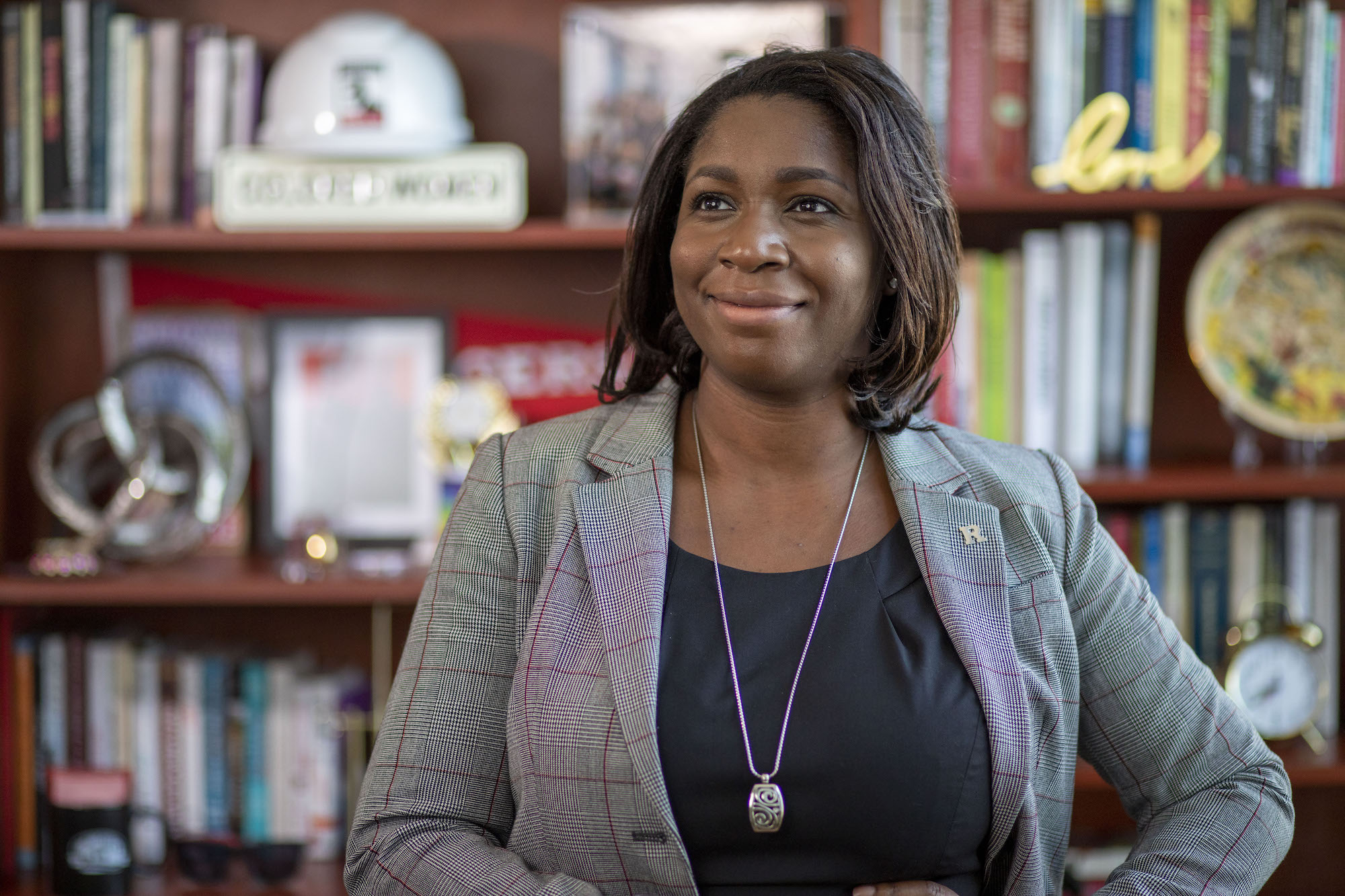
I had the pleasure of hearing Angela Davis speak last night on “Redefining Justice and Freedom for Everyone.” She began her lecture with a damning question, How do we make sense of this historical moment, when we were on the verge of collective consciousness – the recognition of racism as structural and systemic, rather than individual and attitudinal, but there has been an absence of real change? She answered, in part, by naming the elephant in the room of the post 2020 racial reckoning, which is organizations – from higher education to corporations – responded with an explosion of diversity, equity, and inclusion (DEI) efforts.
This was an aside in her lecture but generative for me, as it is at the heart of the frustrations that I have and what has been expressed to me as an organizational DEI lead. Nationally, new organizational commitments to DEI emerging from the racial reckoning gave the veneer of engagement with racism but have sought to resolve it at the level of statements and offices. Well-meaning work, but often it targets individuals and serves performative aims. Sometimes, it supports important and needed organizational shifts but often changes are low hanging fruit that leave the inequities built into the systems untouched. Simply adopting the language of DEI is not enough.
“We cannot settle for including individuals who had previously been excluded in harmful systems. We need justice.”
Angela Davis
Integrating justice, however, requires more than making alphabet soup. Moving from DEI to DEIJ. Even if you center justice in the JEDI–justice, equity, diversity and inclusion–formulation, what is your vision of justice? Who is it for? Does it call for equity–justice as the pursuit of freedom for all people? Or just us? Freedom for me and mine or those whose views and self-presentation are comfortable for me and mine. Is your call for justice transformative?
Too often we have a singular and small vision of justice, resting at the level of individual reconciliation, repair, and acknowledgement of harm. This is important, yes and always necessary. But the root of injustice has never been individuals. It has always been individuals acting within, and often validated by, systems of inequality and ideologies, like racism, that legitimate injustice. Justice, in the systemic sense, is the accomplishment of equity, defined as “the state, quality, or ideal of being just, impartial and fair.”
Davis reminded us that while we celebrate victories, such as convictions for taking Black lives too soon. We must not settle for that as the accomplishment of justice –the grander vision, the goal, is the shifting of systems that created the conditions for harm. This envisioning is the core of abolition – the collective imagination of a different future.
While we envision a just future, we cannot be lulled to sleep by overtures to diversity. Diversity is NOT enough.

